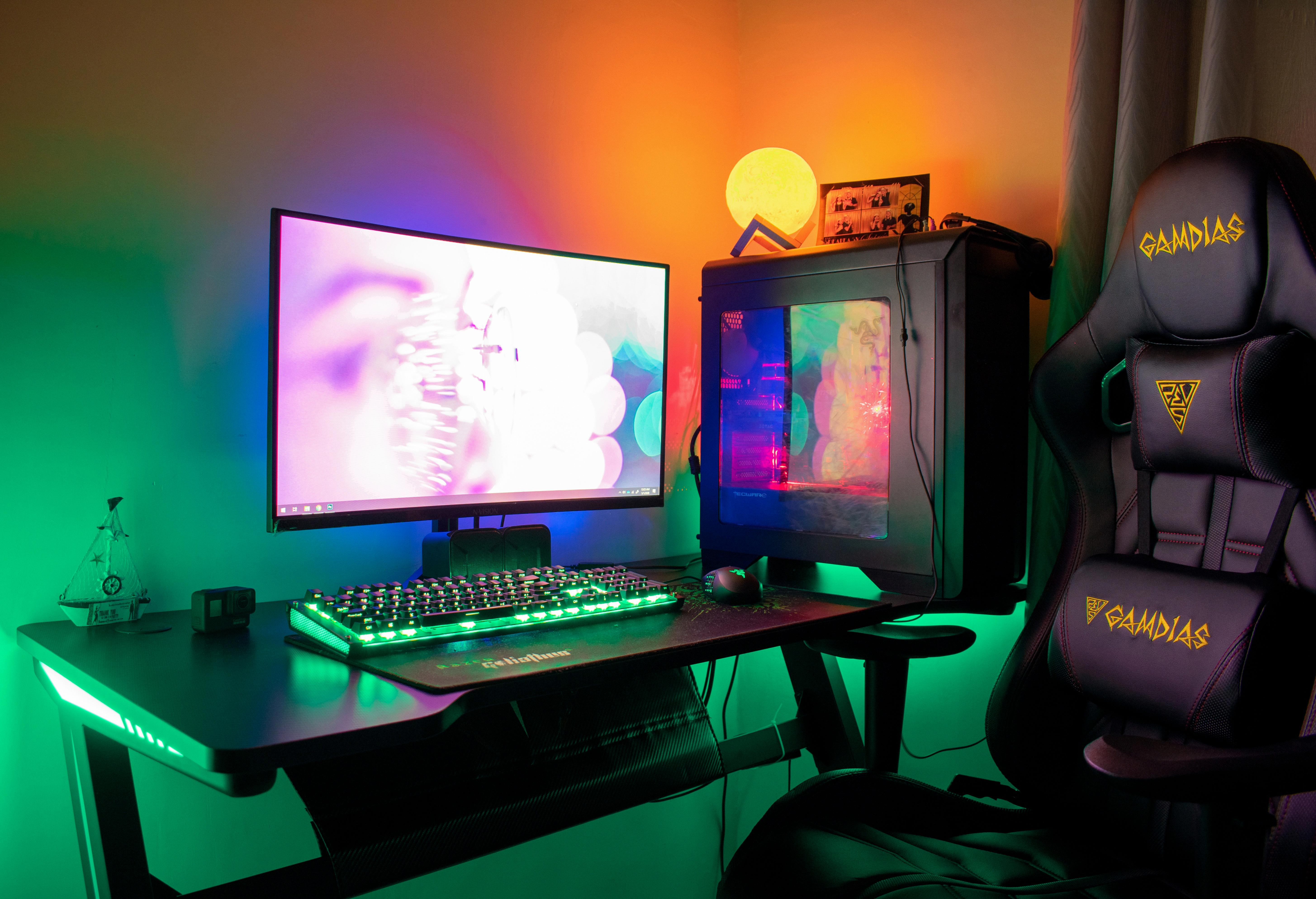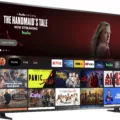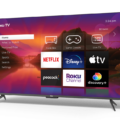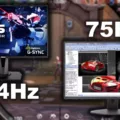When it comes to buying a TV, one of the most important factors to consider is the refresh rate. A TV’s refresh rate is the number of times per second that the image on the screen is refreshed. Most TVs come with a refresh rate of 60Hz, which is perfectly fine for most people.
A 60Hz TV refreshes the image on the screen 60 times per second. This means that each image on the screen is displayed for 1/60th of a second. For most people, this is more than enough to provide a smooth and clear picture.
If you’re a casual TV viewer, a 60Hz TV is a great choice. It’s affordable, and it provides a good-quality picture that you can enjoy without any problems. You can watch your favorite TV shows and movies without any lag or stuttering.
60Hz TVs are also great for gamers who play games that don’t require high frame rates. Most games run at 30fps or 60fps, which means that a 60Hz TV is perfectly suited for gaming. You won’t notice any difference in quality between a 60Hz TV and a higher refresh rate TV when playing these types of games.
Another advantage of a 60Hz TV is that it consumes less power than a TV with a higher refresh rate. This means that you’ll save money on your electricity bill, which is always a good thing.
A 60Hz TV is a great choice for most people. It provides a good quality picture, it’s affordable, and it’s perfectly suited for gaming and casual TV viewing. If you’re looking for a TV that won’t break the bank and provides a good overall experience, a 60Hz TV is definitely worth considering.
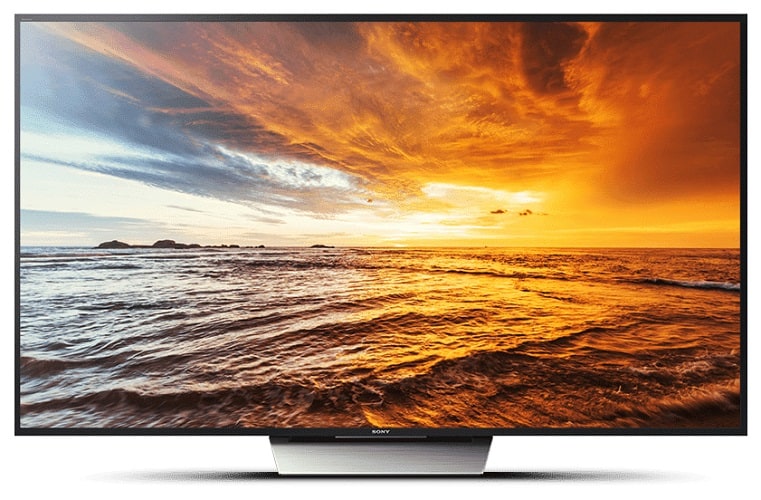
The Benefits of a 60Hz Refresh Rate for TVs
When it comes to the refresh rate of a TV, 60Hz is generally considered good enough for most people. This is because the majority of content, including movies and TV shows, is typically produced and displayed at 24fps or 30fps, which can be easily displayed on a 60Hz screen without any issues.
That being said, if you are a gamer or someone who watches a lot of fast-paced sports or action content, a higher refresh rate may be beneficial. A 120Hz TV, for example, can display up to 120 frames per second, which can result in smoother motion and reduced motion blur.
It is worth noting, however, that there isn’t currently a lot of 4K content that goes beyond 60fps, so the benefits of a 120Hz TV may not be fully realized unless you are using it primarily for gaming or watching certain types of content.
While a 60Hz refresh rate is generally considered good enough for most people, a 120Hz TV with HDMI 2.1 support can be beneficial for gamers and those who watch fast-paced content.
The Benefits of a 120Hz TV Compared to a 60Hz TV
When it comes to TV displays, refresh rate is an important factor that affects the picture quality. A higher refresh rate means that the TV is capable of displaying more frames per second, resulting in a smoother and clearer image. In this regard, a 120Hz TV is generally considered to be better than a 60Hz TV.
One of the main advantages of a 120Hz display is that it reduces the appearance of “film judder” or blurring that might be noticeable on a 60Hz screen. This is because the TV is able to display more frames in a given time frame, resulting in a more fluid and seamless picture. The difference is particularly noticeable when watching fast-moving scenes, such as sports events or action movies.
However, it’s important to note that improvements beyond a 120Hz refresh rate are generally unnoticeable to the human eye. While some high-end TVs may offer refresh rates of 240Hz or even higher, the difference in picture quality is minimal and not worth the extra cost.
A 120Hz TV is generally considered to be better than a 60Hz TV in terms of picture quality, as it reduces blurring and judder. However, higher refresh rates beyond 120Hz are not necessary and do not offer noticeable improvements.
Is a 60Hz Display Adequate?
A 60Hz display can be considered good enough for many novice gamers. A 60Hz monitor is capable of displaying up to 60 frames per second, which is suitable for many games. It means that you don’t need an expensive video card to produce 60 Full HD frames per second, which is a great advantage for those who are just starting out in gaming.
However, it’s important to note that some gamers may prefer a higher refresh rate than 60Hz, especially if they play fast-paced games or games that require quick reflexes. A higher refresh rate can provide a smoother and more responsive gaming experience.
Additionally, it’s important to consider other factors when choosing a monitor, such as resolution, panel type, and input lag. These factors can also affect the overall gaming experience.
A 60Hz display can be a good choice for novice gamers who are looking for an affordable and reliable option.
The Benefits of Gaming on a 60Hz TV
When it comes to gaming, the refresh rate of the TV is an important factor to consider. A 60Hz TV is capable of displaying up to 60 frames per second which is sufficient for most games. However, if you are a serious gamer, you may notice a difference between a 60Hz and a higher refresh rate TV. A higher refresh rate TV, such as 120Hz or 144Hz, will provide a smoother gaming experience with less motion blur and input lag. Ultimately, whether a 60Hz TV is good for gaming depends on your personal preferences and gaming needs. If you are a casual gamer, a 60Hz TV will likely suffice, but if you are a competitive gamer, you may want to invest in a higher refresh rate TV.
Conclusion
A 60Hz TV is a great option for novice gamers or those who primarily use their TV for watching movies or streaming content. It provides a stable picture quality with up to 60 frames per second, which is more than enough for most applications. Additionally, it is a more affordable option compared to higher refresh rate TVs. While 120Hz or higher refresh rate TVs may offer better picture quality and smoother motion, the benefits may not be noticeable to everyone, especially if the TV is not primarily used for gaming. Therefore, a 60Hz TV is a solid choice for those looking for a reliable and cost-effective option.




